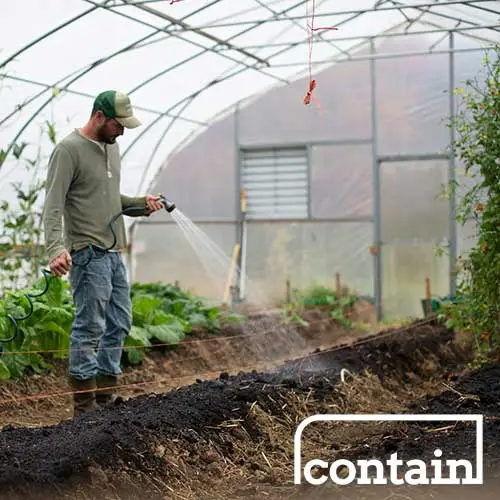July 23, 2025

At Contain, we’re always on the hunt for indoor farming innovations to add to our Insights database of more than 1,400 farms, investors, and funding rounds. While the indoor agriculture industry faces its share of challenges these days—with high-profile bankruptcies like Bowery Farming, Plenty, and Freight Farms making headlines—we keep discovering operations that prove innovation isn’t dead, it’s just getting more creative.
Here are five additions that caught our attention this quarter, each with their own unique spin on controlled environment agriculture.
Cai Foods – Cracking the Wasabi Code
Why we like it: Cai Foods is the first US wasabi grower in vertical farms.
Cai Foods is part of the trend towards hyper-specialty crops in CEA. Co-founders Maxwell Tannenbaum and Shunsuke Sano spent two months in Japan learning traditional wasabi cultivation techniques after a disappointing $150 sushi dinner featuring fake wasabi sparked their entrepreneurial journey. Their Western Massachusetts operation targets a market where 99% of consumed “wasabi” is actually green-dyed horseradish, aiming to produce authentic wasabi at $160 per pound compared to $400 for imports. Using controlled environment agriculture to replicate Japanese mountain stream conditions, they’ve reduced traditional 24-month growing cycles to 10 months indoors. The company plans to leverage defunct cannabis cultivation infrastructure, converting existing controlled environment facilities into wasabi farms—a clever approach that reduces initial capital requirements while addressing a market inefficiency.
Cherry Street Farm – Hip-Hop Meets Hydroponics
Why we like it: A shipping container farm operated by a hip-hop nonprofit in Seattle’s Central District.
Cherry Street Farm operates from a 40-foot Freight Farms container in Seattle’s historically significant Central District, functioning under Hip Hop is Green, a nonprofit that proclaims “Health & Wellness” as the 10th element of hip-hop culture. Founded by Keith Tucker on his grandparents’ property, the organization has served over 40,000 meals since 2009 and became the first hip-hop organization to provide plant-based meals to Black, Indigenous, and People of Color families nationwide. The farm produces butter lettuce, turnips, and wasabi collard greens. It hosts a 10-week Youth Excellence Program that provides paid internships for underserved youth in hydroponic farming, soil testing, food distribution, and entrepreneurship. With partnerships extending to the University of Washington and funding from Seattle’s Equitable Development Initiative ($557,000 in 2025), this operation demonstrates how controlled environment agriculture can serve community development goals beyond simple food production.
Malaia’s Microgreens – Bootstrap Success Story
Why we like it: Two 20-year-olds turned a $6,000 backyard shed into a high end restaurant supplier.
Malaia’s Microgreens showcases what’s possible when young entrepreneurs focus on fundamentals. Co-founders Malaia Martinez and Jaebin Yoo started their Irvine, California operation in winter 2020 with zero formal agriculture backgrounds and just $6,000 in personal savings, beginning in a 100-square-foot backyard shed. After outgrowing their garage facility, they secured commercial warehouse space through Small Business Development Center loan programs. Now operating from a 1,500-square-foot facility producing 300 trays of microgreens weekly, they supply over 50 restaurant clients. Their grow-to-order model, utilizing ebb and flow hydroponic systems with 25+ varieties of microgreens and seasonal edible flowers, earned them a $250,000 California Department of Food and Agriculture grant in 2024.
Ellijay Mushrooms – Mountain Water and Monastery Neighbors
Why we like it: A $1.3 million revenue mushroom farm sharing 171 acres with a Buddhist monastery.
Ellijay Mushrooms demonstrates practical profitability in controlled environment agriculture through a uniquely Georgian approach to mushroom cultivation. Operating since 2018 on 171 acres shared with a Buddhist monastery in the Appalachian Mountains foothills, co-founders Howard Berk and Megan Cai achieved $1.3 million in annual revenue by 2023 while producing 6,000 pounds of shiitake and oyster mushrooms weekly. Their infrastructure combines ten double-layered greenhouses with two converted 53-foot refrigerated trailers, utilizing passive climate control that Berk describes as functioning “like a Big Green Egg—we let air in or out to control the temperature.” The operation leverages mountain water access as a key quality differentiator, given that mushrooms consist of 90% water. It distributes to over 40 Southeast locations including Whole Foods and specialty restaurants.
Area 2 Farms – Soil-Based Vertical Innovation
Why we like it: A soil-based vertical farm using a patented conveyor system to cut energy consumption by 25%.
Area 2 Farms takes a different approach to vertical farming through its soil-based cultivation methods and patented “Silo” conveyor system. Founded in 2020, the operation moves plants vertically throughout their growth cycle to replicate natural circadian rhythms while utilizing natural heat rise within the facility for temperature regulation. The company says this results in 25% lower electricity consumption compared to conventional vertical farms. Maintaining USDA Certified Organic status while producing leafy greens and root vegetables, they serve customers within a 10-mile radius through a Community Supported Agriculture model priced at $35-45 per basket. Led by Tyler Baras, who has 15+ years of indoor agriculture experience from companies including Plenty, and Andrew Barocco directing plant breeding programs focused on taste and nutrition rather than shelf stability, the operation projects $3.6 million in revenue over three years supported by $1.8 million in capital investment and a $40,000 Virginia Agriculture grant.
The Bigger Picture
These operations share common characteristics that contrast with failed mega-operations: community focus, practical technology application, bootstrap or grant-based funding rather than venture capital dependency, and business models aligned with local market demands rather than global scaling ambitions.
Want to explore detailed profiles of these operations and dig into our complete database? Check out the full listings of 1,400+ indoor farms, investors, and funding rounds at insights.contain.ag.
Disclaimer
Featured image courtesy of Unsplash.
The information provided on this blog is for general informational purposes only. It is not intended to be a comprehensive analysis of the securities, markets, or developments referred to. While we strive to ensure the accuracy and reliability of the information, the content of this blog does not constitute financial advice, investment advice, trading advice, or any other advice. You should not treat any of the blog’s content as such.
We do not recommend that any securities listed or discussed be bought, sold, or held by you. Nothing on this blog should be taken as an offer to buy, sell, or hold securities. Please conduct your own due diligence and consult with a qualified financial advisor before making any investment decisions.
Forward-looking statements made in this blog are only predictions and are subject to risks, uncertainties, and assumptions that are difficult to predict. Therefore, actual results may differ materially from those expressed in forward-looking statements. We expressly disclaim any obligation to update or alter statements whether as a result of new information, future events or otherwise, except as required by law.
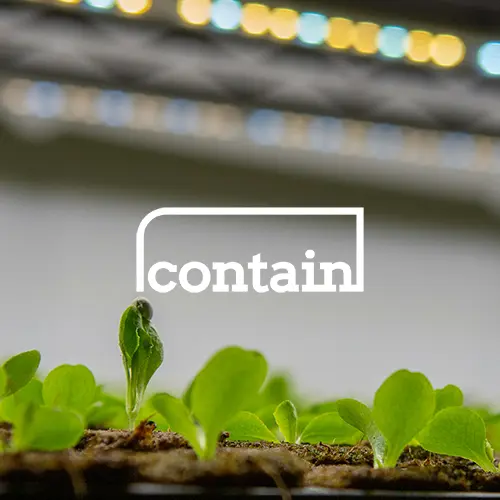
October Indoor Ag Update: Signs of Life in New Indoor Farms and Better Equipment Sales
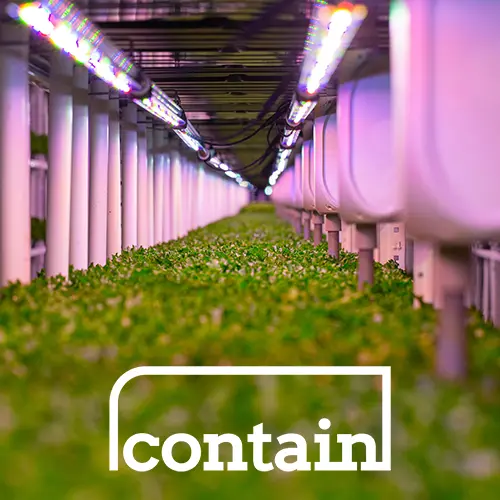
September Indoor Ag Update: Vertical Harvest Secures Middle East Investment & Market Consolidation

August Indoor Ag Update: M&A Galore & Indoor Specialty Crops Funding
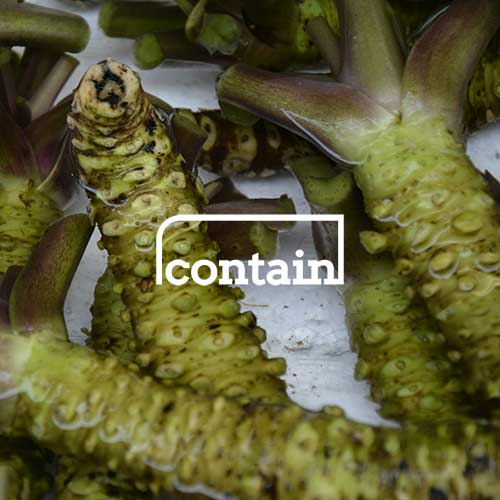
July Indoor Ag Update: Acquisitions Accelerate & Funding Returns

Five Farms Making a Go of Indoor Agriculture

Dyson’s 250% Yield Breakthrough Headlines June AgTech: Vertical Farming Advances, M&A Activity, and Industry Setbacks
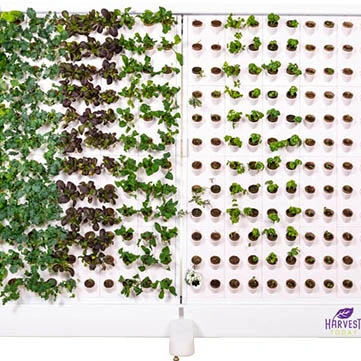
Indoor Agriculture Pivots to Home Gardens as Vertical Farming Failures Drive Strategic Reevaluation
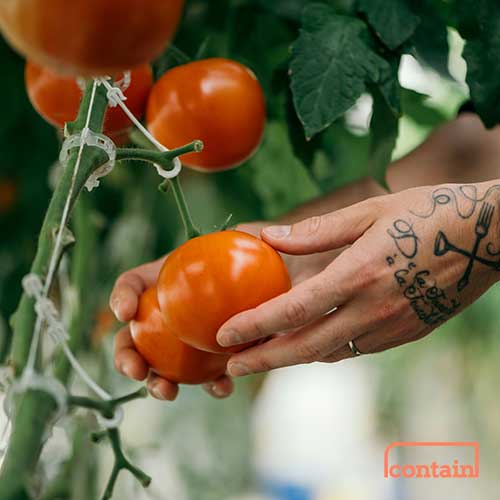
Zordi Series B and May 2025 Indoor Agriculture Developments
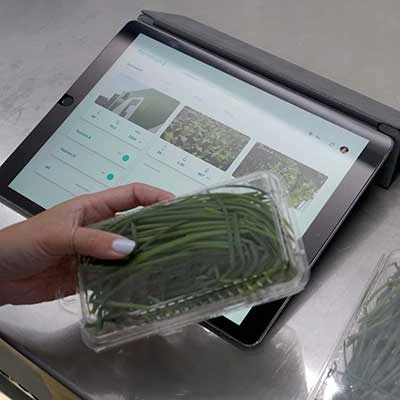
Freight Farms Bankruptcy and iUNU’s $20M Raise Highlight April’s Indoor Ag Contrasts
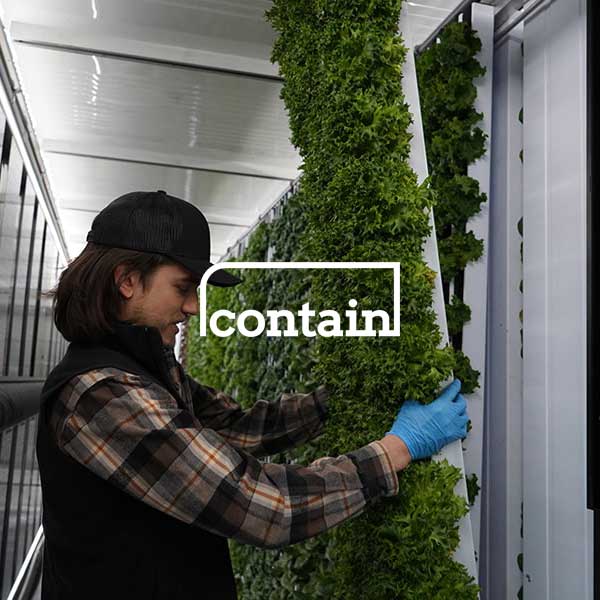
Freight Farms Resources: Indoor Ag Companies Stepping Up to Support Freight Farmers
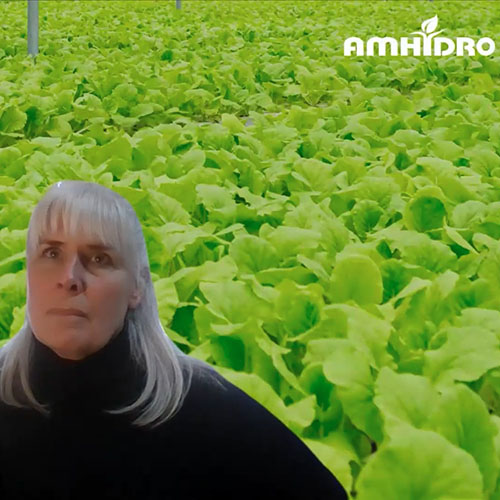
How to Finance Your Hydroponic Project in 2025: Finding Opportunity in a Shifting Market
